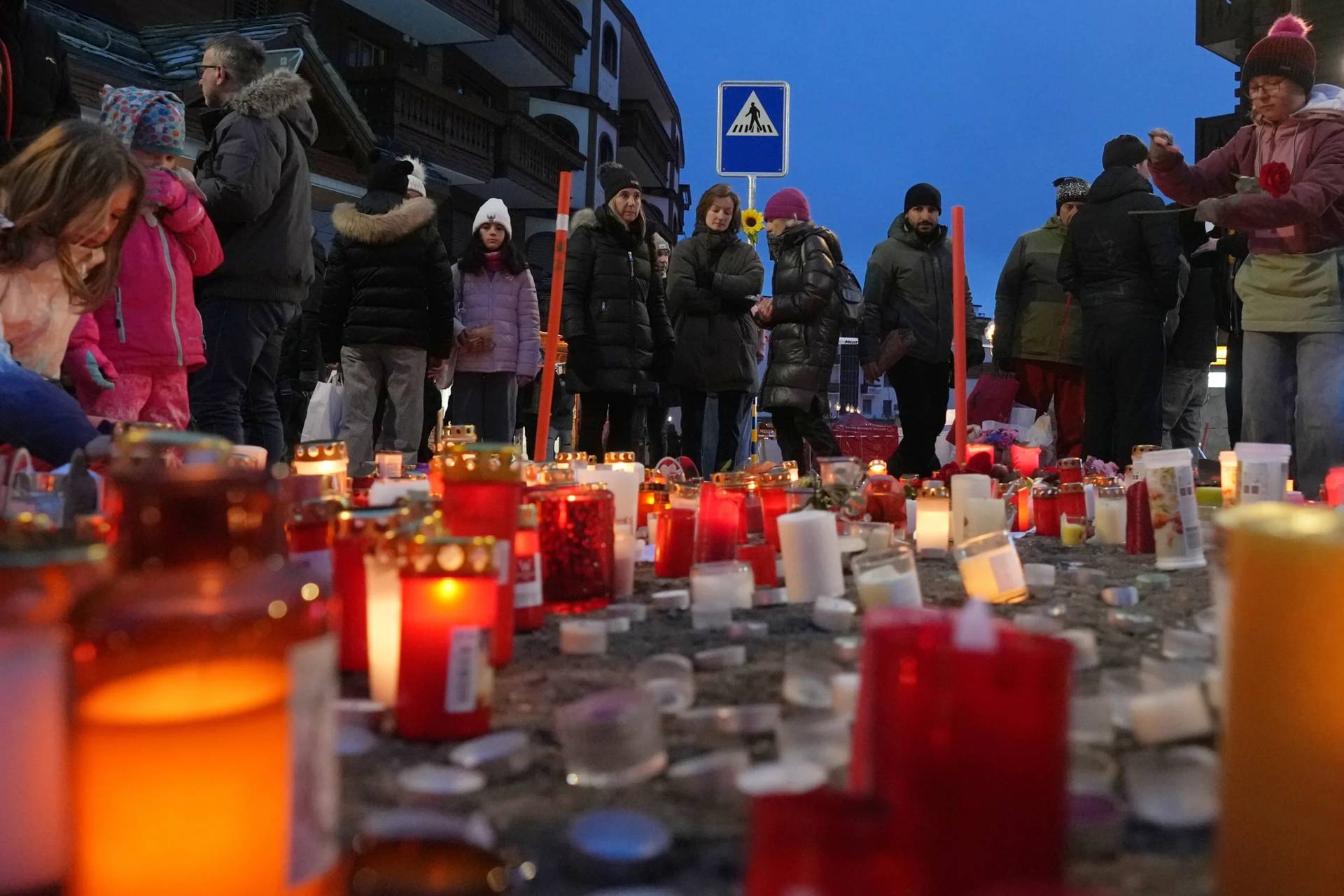ROME – As winter approaches for much of Europe, bishops on the continent have urged policy makers to seek solutions to the ongoing energy crisis that are fair and sustainable, with special regard for the poor and those unable to cope with rising costs.
In their Nov. 7 statement, the Commission of the Bishops’ Conferences of the European Union (COMECE) said Russia’s war on Ukraine “is having important consequences on the population in the EU and beyond.”
An overdependence on Russian oil and gas imports, they said, has thus allowed “the ‘weaponization’ of energy supplies by Russia, which has reinforced energy insecurity in Europe.”
“As a result, the soaring energy prices are affecting society as a whole, while hitting particularly hard the most vulnerable,” they said, and praised efforts of European and international policy makers to put forward plans ensuring “affordable, secure and sustainable” energy while also attempting to mitigate the impact of skyrocketing prices on individuals, families and businesses.
The bishops acknowledged that these are complex decisions with various factors to consider at every level but stressed the need amid the current crisis not to lose sight of the long-term objective of “a just and sustainable energy transition.”
To this end, the bishops offered several points for policy makers to keep in mind when attempting to strike “a fair balance,” the first of which was the Catholic Church’s position on the universal destination of goods, which refers to the theological concept that the goods of creation are destined for mankind as a whole, rather than a select group, although the right to private property is recognized.
This concept is the “first principle of the whole ethical and social order,” the bishops said, adding, “Respecting the right to private property and its social function for the common good, the State must ensure that energy is supplied, secure and sufficient, for all.”
Specifically, the state, they said, is obliged to provide regulatory frameworks or supply companies in the public sector “so as to ensure that the function of energy supply as a common good shall be maintained.”
It is also necessary, they said, to improve public responsibility for the energy sector through “a fair distribution of energy resources,” ensuring that no one state, company, or interest group monopolize these resources “to the detriment of poor people and countries who often pay the price of political mismanagement and speculation.”
Bishops also stressed the Catholic Church’s “preferential option for the poor,” saying this should not only be a priority for Christians, but “a social responsibility.”
When considering the current energy crisis and its impact on daily life, health and human dignity, “energy should be managed in a just way so that everyone has access to affordable energy,” they said, stressing the need for a just distribution.
“Justice enabling integral human development is a prerequisite for peace,” the bishops said, saying a just management of energy resources “thus becomes a key factor for both justice and peace.”
“The misuse of energy as a tool of geopolitical coercion that we are currently witnessing, should prompt the international community to find institutional means for an effective, inclusive and equitable global governance of energy,” they said.
A real and lasting peace, they added, “will only be possible on a global ethic of solidarity and cooperation.”
Energy and gas prices across the world have skyrocketed since the Russia-Ukraine war broke out as a result of international sanctions targeting Russia over its Feb. 24 invasion of Ukraine.
The European Union has taken several retaliatory measures as a result of the war, including a near total embargo of Russian gas and a pricy push to diversify gas suppliers, mainly through liquefied natural gas (LNG).
Russia has also taken several steps to restrict access to its gas before sanctions come into place, including demanding payment for its gas in Russian roubles, constricting its main pipeline, and then shutting it indefinitely.
Europe has secured enough gas to get through the winter months, however, consumer prices have soared, and questions remain on how Europe will fill its stores next year, and for the impact of the ongoing energy crisis on poorer countries that have largely been shut out of the natural gas market due to the increased demand of western nations.
Many developing nations are thus unable to meet current demand and face potential factory shutdowns, as well as more frequent and longer-lasting power shortages.
Russia has scrambled to up its seaborne exports ahead of sanctions that go into effect Dec. 5 targeting their seaborne crude oil sales.
Ukrainian President Volodymyr Zelenskyy in recent remarks has also accused Russia and Russian President Vladimir Putin of “energy terrorism” for targeting power facilities in Ukraine.
In recent weeks, after suffering a series of painful losses on the battlefield, Russian troops have launched large-scale missile attacks on Ukrainian power facilities in a bid to damage Ukraine’s electricity infrastructure.
According to Zelenskyy, some 4.5 million people were without power following Russian attacks on its energy network, which came at the same time Russian troops were reportedly preparing to withdraw from the key southern city of Kherson.
In response to the strikes, the Ukrainian government has urged the population to try to use energy as sparingly as possible for the time being.
In their statement, the European bishops noted that winter is rapidly approaching throughout much of Europe and urged those with public responsibility “not to abandon families and persons who are vulnerable or victims of socio-economic discrimination,” and who are “unable to cope with soaring inflation and to pay for heating or electricity.”
This, the bishops said, “reinforces social inequalities and the energy divide.”
Facilities providing healthcare and other essential services are facing major challenges themselves, the bishops said, noting that many were already struggling in the wake of the COVID-19 pandemic, and the current energy crisis has only added to their “economic and mental burden.”
“While some companies are going bankrupt, others are laying off workers, and many people are no longer able to cope with the rising cost of living,” they said, noting that the agri-food sector is also struggling as a result of rising energy costs and a shortage in fertilizers.
“We cannot risk a disruption in supply and must ensure continuity of production cycles and our ability to provide basic food for all at affordable prices,” the bishops said, saying solidarity is necessary with poorer nations now suffering from increased food insecurity and extreme poverty “due to the ripple effects of the war on Ukraine.”
The bishops called for “collective solidarity,” and made an appeal to European policy makers to ensure “accessible and affordable energy” for those most affected by the crisis through temporary mitigation measures and “a fair distribution of resources.”
They also urged policy makers to prioritize energy efficiency and identify targets “where responsible reduction of energy consumption is possible.”
“Increased research into alternative forms of energy should be encouraged, while domestic energy consumption can and should be reduced,” they said, saying the long-term goal of replacing fossil fuels must still be pursued, but “until greater progress is made in developing widely accessible sources of renewable energy, it is legitimate to choose the less harmful alternative or to find short-term solutions.”
Europe’s own energy resilience must be strengthened, and “responsible and value-based bi- and multilateral energy partnerships” must be pursued, the bishops said.
They also urged policy makers to “lay the foundations of a new global energy system that is governed by the principles of justice, solidarity, inclusive participation and sustainable development.”
Follow Elise Ann Allen on Twitter: @eliseannallen














